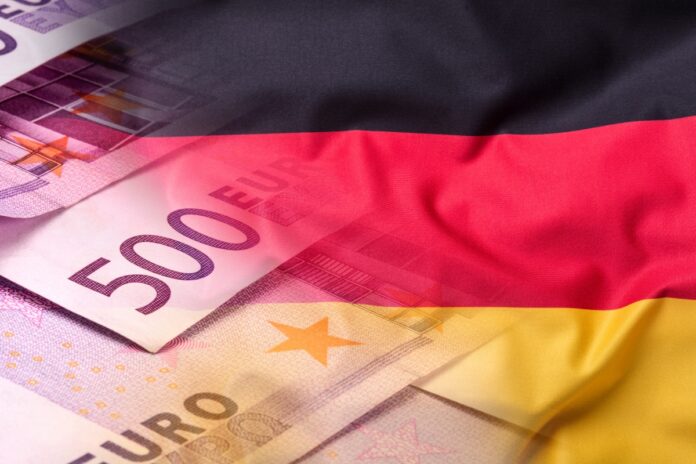The total highest pledges top €6.37 billion after 481 rounds of bidding up to last Friday: a long-term power struggle looms after regulator changes tactics.
A report in the German newspaper Handelsblatt said that Jochen Homann, President of the telecom regulator, Bundesnetzagentur (BNetzA), had hoped the 5G auction would draw a line under the fractious relationships between itself, politicians and the network operators.
Instead, the auction which began on 19 March has turned into a Marathon, with no end in sight and mounting criticism of how it has been run.
This includes claims that the auction is about raising money for the government at the expense of the operators’ ability to invest in infrastructure, which ultimately will damage Germany’s economy.
The right strategy?
Rüdiger Hahn in particular has had his strategy and competence scrutinised: he has overseen the last seven auctions as department head within the BNetzA, and is in charge of the current debacle.
Last Wednesday, using the powers at its discretion, BNetzA decreed that the bidders must beat the highest offers of their rivals by at least €13 million in the 3.6GHz band, where prices have been creeping up by €2 million or so a week.
The thinking behind this was that it would hasten the end of the auction, but it has also fuelled the debate behind the scenes about who will oversee the sector in future.
The operators would like to see more power in the hands of the Federal Ministry of Transport, even including responsibility for allocating frequencies in future.
Reportedly the BNetzA is concerned that the 5G auction might well be the last one it is allowed to handle, although it has the support of some who warn that dispensing with its expertise could harm the country’s mobile market.
Previous disagreements
Certainly the mobile phone companies have used technical difficulties to weaken the position of the BNetzA, and their claims were backed by the GSMA which suggested the regulator had a poor grasp of physics and how radio networks function.
The operators also tried to stop the auction going ahead through the courts because they didn’t like the onerous coverage terms attached to the licences, among other things.
Twelve weeks on
Deutsche Telekom, Vodafone, Telefónica (O2) and the new entrant United Internet (1 & 1 Drillisch) are still bidding on 41 frequency blocks of spectrum.
Even so, the total so far is way behind the record €50 billion raised in the 3G auction back in 2000, which forced some operators out of the German market and other had to merge to survive.
On the other hand, the operators were not debt-laden as they are now, nor facing the immense network investment they need to make, and not in just in 5G, but also in fibre and 4G.



